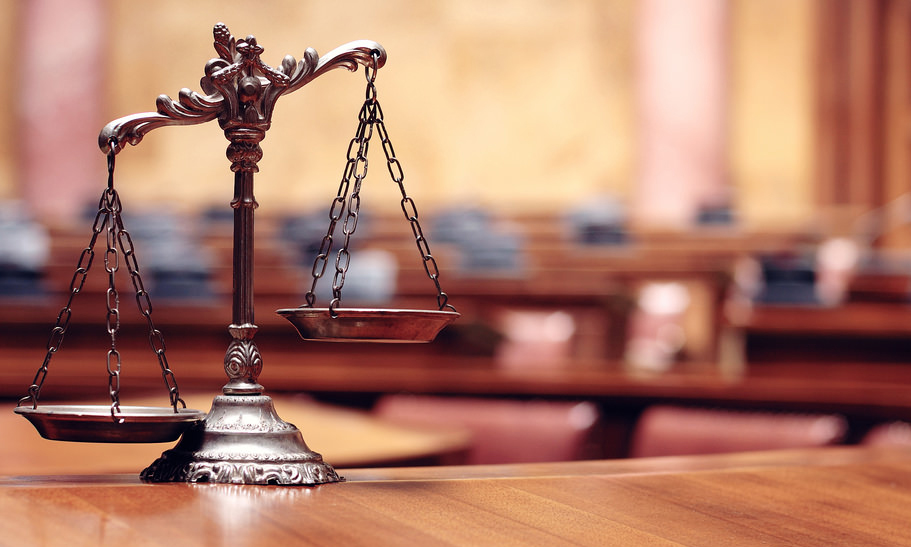Law / Flickr

HRC 40 | Accountability under attack in Guatemala
Guatemala faces a grave crisis as efforts to hold the powerful to account following decades of conflict are being undermined. Key achievements must be safeguarded and the rights of defenders protected, said ISHR in a statement to the Human Rights Council.
The International Commission Against Impunity (CICIG) – created through an agreement between the Office of the High Commissioner for Human Rights (OHCHR) and the Government of Guatemala – has successfully held individuals in the highest positions of government to account. It has provided means to revitalise and strengthen the national judicial system. Government efforts to stop its work have been rejected by the Constitutional Court but its future in the country remains uncertain.
CICIG must be defended, said ISHR and the International Platform Against Impunity in a statement delivered to the Human Rights Council.
Attacks against CICIG are taking place in a context in which key achievements in strengthening the rule of law are threatened.
Amendments to the National Reconciliation Law, if passed, will lead to impunity for grave internationally recognized crimes, including genocide and torture. Convictions could be overturned and the important drive against impunity will be reversed.
UN human rights chief, Michelle Bachelet has expressed deep concern about the initiative, noting,
‘This amendment, if passed, will represent a drastic set-back to accountability and the rule of law in Guatemala. At the same time, it will gravely endanger the progress made by the country to grapple with the legacy of the civil war and to prevent further violence.’
Changes to other laws further threaten the struggle to secure justice and accountability. The Law of NGOs for Development is amended, will impose increased inspection and registration requirements that would restrict the work of NGOs.
‘Guatemala stands at a cross roads, ‘ said ISHR and the International Platform Against Impunity in their statement. ‘Those calling for key post- conflict human rights achievements to be respected and built upon are facing the likelihood of greater threats. Their rights to call for accountability must be respected and they must be heard.’
ISHR and the International Platform Against Impunity made the following three calls:
1/ States must make public their support of the work of CICIG and to urge Guatemala to reengage with the processes of accountability CICIG promotes.
2/ Amendments that seek to undermine laws that have provided for individuals to be held to account for the gravest of crimes must be rejected.
3/ Guatemala must ensure that human rights defenders’ rights are upheld, including during the upcoming period of Presidential elections in June.
Watch our statement here:
Contacts:
Salma El Hosseiny [Geneva]: [email protected]
Eleanor Openshaw [New York]: [email protected]
Photo: Zero-CC0 Justice
